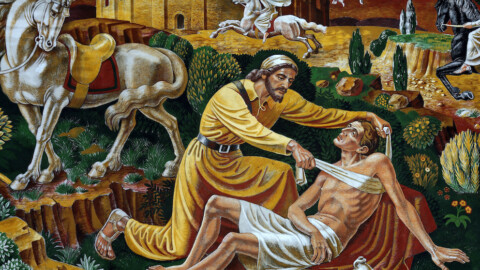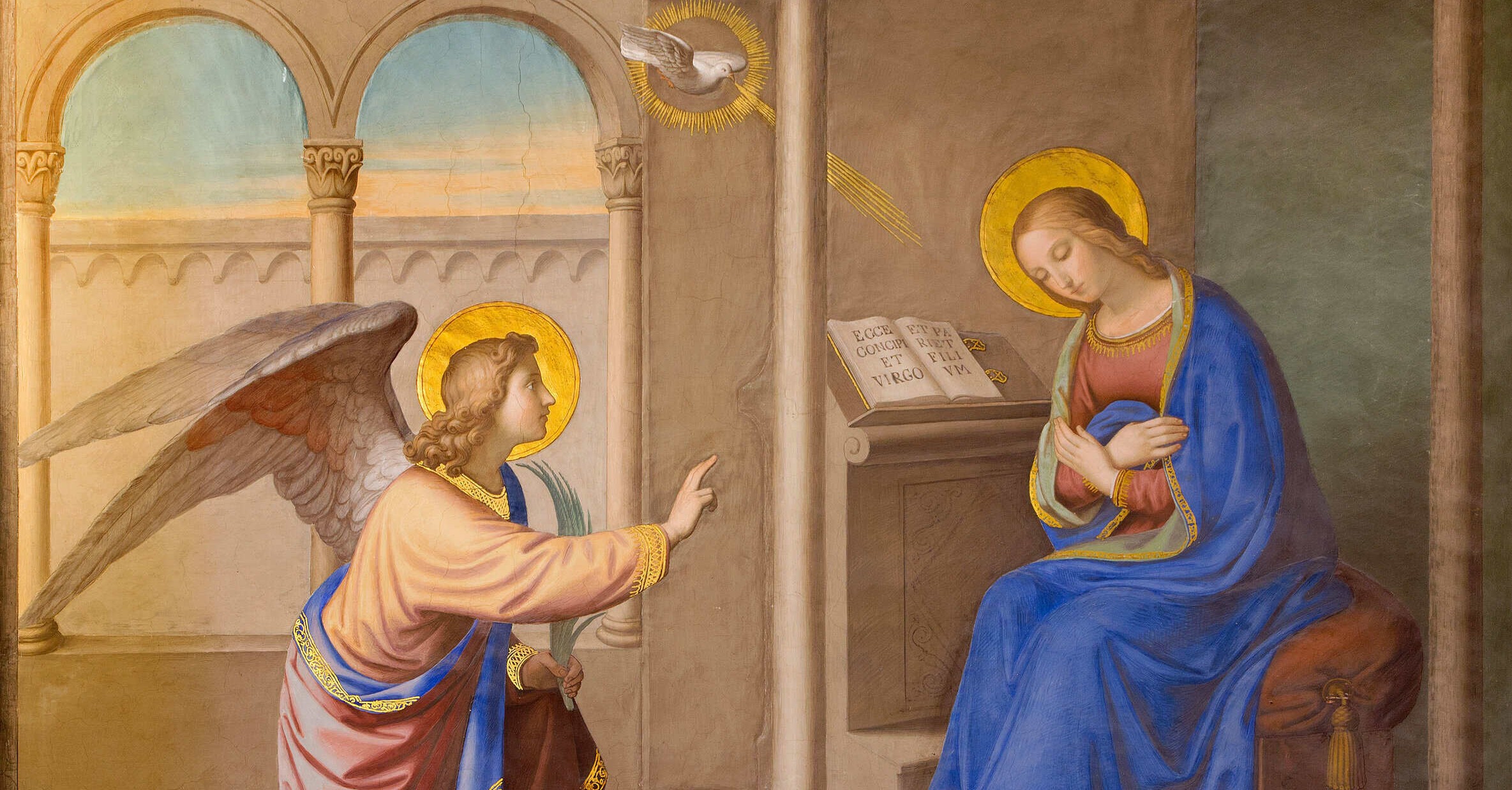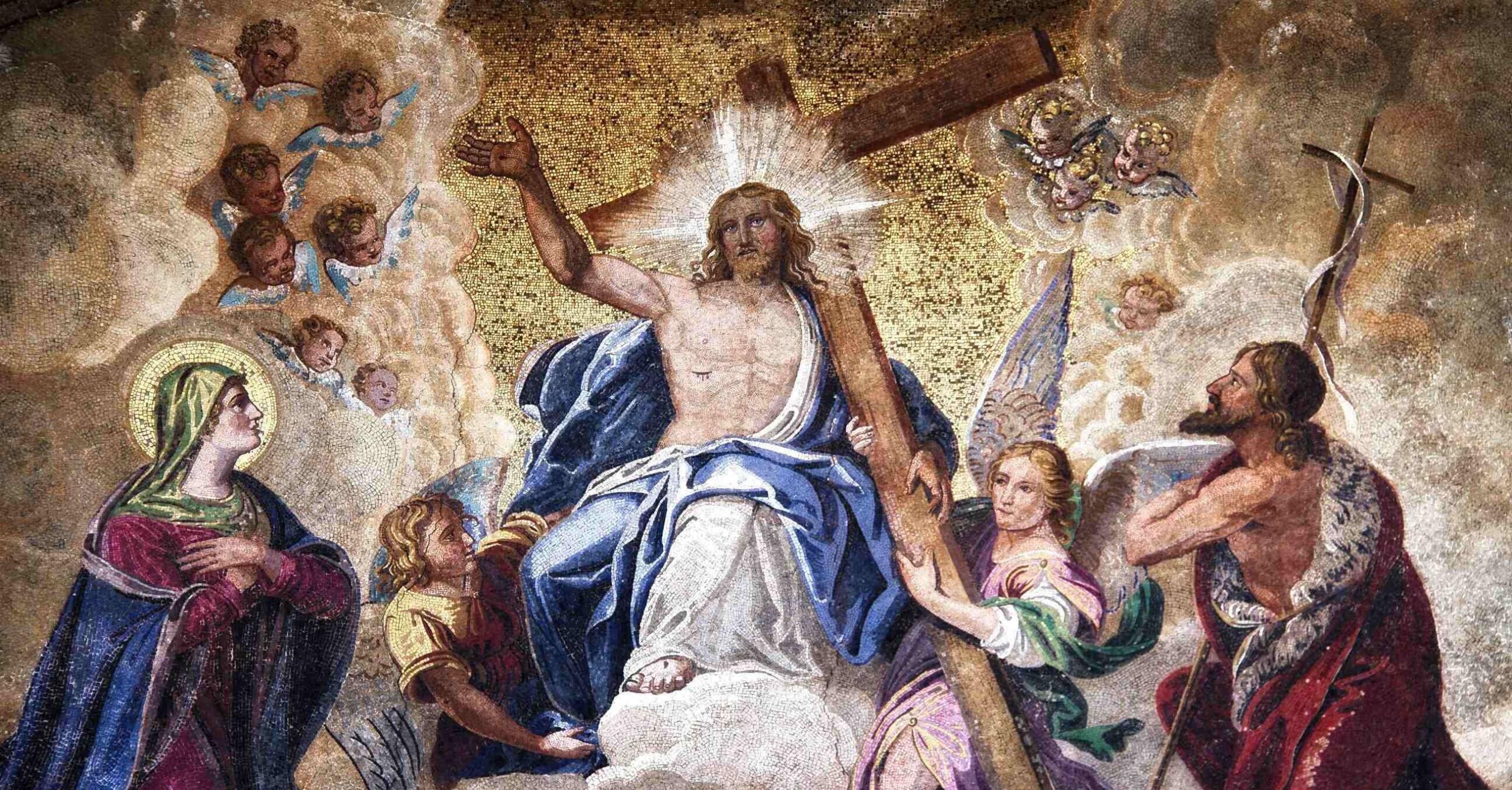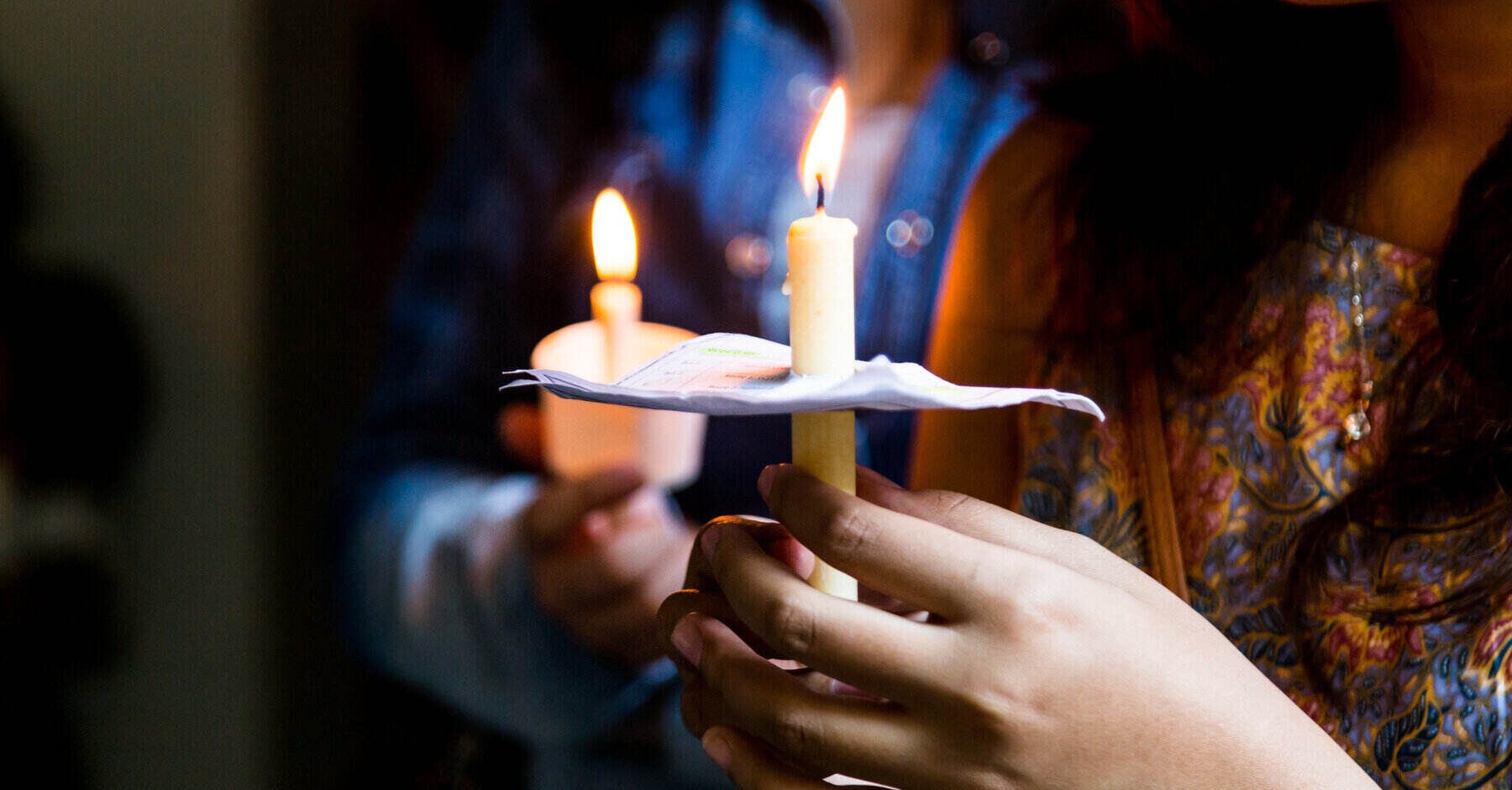by Patriarch Craig Bates
4th Sunday in Lent, 14 March 2021

We knew last March this year would be a sacrifice and this lockdown would be hard; but some of us discerned that something good would come out of it. It would be a birthplace: wind, fire, a work of the Holy Spirit; a birthplace not only of our ability to survive, but our desire to be revived by God, to have our hearts cleansed and minds renewed. Many of us got down to the business of praying. We thought we were seeking God, but He was seeking us, calling us to join Him, abide with Him and be in His presence, to take prayer to a new level of intensity and seriousness, because He heard our prayer to be renewed.
John 3:16 puts it this way – a simple truth, but critical to understand as we’re seeking an outpouring of the Spirit and renewal –: God loved the world in this way, that He gave… Not what but who? – His only Son. He gave to the world, for the world, the one He loved to the absolute possible fullness of love, because God is love. God grasped into the eternal relationship of the Father and the Son, and gave the Son to become us, to participate in us – and He has during the past year, forming Himself in us. Why? That we who would believe in Him would not perish but have eternal life: that you and I would be included, grafted, immersed into the very love of the Father and the Son for all eternity.
God loves the perishing
It wasn’t that man was seeking God – God was seeking us, the perishing. We might not even have known we were perishing, walking in darkness, dead in our trespasses; but that didn’t matter. In the midst of that, even if we were His enemy, God demonstrated His love for you, me, the world, and everyone, in that He gave His only Son.[1] It wasn’t that a revival meeting had been set up and everyone gathered and prayed together for hours, day after day. It was God’s love.
God looked down and saw His image-bearers, His creatures – the Jews, His chosen, and the entire world – perishing. Here was a world of people, except a remnant few, who’d rejected and disobeyed God. They would harden their hearts against His Word over and over again, turn their backs and follow their own deceitful hearts, create their own religious systems that often rejected the God they wanted to worship, and stone the prophets. His people, called by His name, honoured Him with their lips, but their hearts were far from Him.
God’s love begins there. Even if you’re living a life of horrible, degrading sin, or if you think you’ve got your religious act together, neither of those made God love you or makes Him continue to love or forgive you. When we were baptized, that wasn’t the starting point. God loved and accepted the baby before he or she was brought to the church – at home while being bathed and prepared, and in the mother’s womb; He knew the baby’s name. That baby’s life and God’s love for that baby began in His mind before the baby was created. It isn’t Baptism where we start our relationship with God, certainly not Confirmation and definitely not Ordination! While we were in our mother’s womb God loved us and carved us in the palm of His hand. Because He loved us in the midst of perishing, He gave His Son to bring us out of that perishing into the eternal existence with Him. There wasn’t any condemnation when Jesus came, but only words of redemption and restoration. Jesus revealed the heart of the Father who loves His child, and He was preparing a place for us in the Father’s mansion. He was calling us: “I AM the Way, and the Truth and the Life; come to the Father”.
Knowing God’s presence
You and I are called to know and live in that, knowing God’s presence. God is present everywhere, all the time, at church, home and work, in restaurants and bars, places of entertainment, halls of government, hospital rooms… He’s present in us: He’s present wherever you are, reading this; and when we gather around the altar in our local church He’s present – where the Apostolic Church, the Disciples, most recognized Him – in the breaking of the bread, His body and blood. He’s present even if we don’t know His presence or reject His presence. We’re called to live in His presence, knowing the reality of His love, forgiveness and mercy; and invite other people into that same presence, knowing in God’s presence they, like, us will find forgiveness and the fullness of joy. They’ll find God will work in them that love: if they stay in His presence they’ll be made into the image and likeness of Jesus.
That’s the grace that saves us. It’s not a work we have to do, some prayer we have to pray, some discipline we have to keep on accomplishing. Being saved by grace is to live knowing it’s not of our own doing.[2]
We receive it by faith. We don’t see God’s presence; we receive it that He’s present, because He says He is: I am always with you until the end of the age; I’ll never leave you nor forsake you; I’m in you. We can live there; faith is the effort. How do you know? My faith knows it. How do you know Jesus is present on the altar in bread and wine? My faith knows; it’s the evidence. My faith knows that in the invisible realm Christ is present, in and all around me.
Living by grace
That’s grace living. Grace is receiving every blessing of God, especially eternal life, not by anything we’ve done but by what He’s done. If we come to Lent thinking if we fast, pray, read more Scripture, give more to the poor, we’ll be better people by Good Friday, and not need Good Friday – why do you need the cross if you can make yourself perfect? Many say, I’ve got to get my act together, examine myself and confess before I come to Communion; but if the only way to receive Communion is to be perfect, you’ll never receive it. You receive that grace because it will change you, that love will change you. The things of the world will be so dim that you’ll shed them like an old skin. There’s nothing we can do during Lent to be more loved by God or more worthy. He’s already given us that; we need to receive it.
If we’re still in that category of self-improvement or self-will, we’ve failed Lent – if you can fail Lent. We’re to grab hold of the grace given to us. The fasting, prayer, generous giving… is important; it works in us, forms us and co-operates with the love of God. I’m coming to the end of Lent realizing my own sin; some I knew all along, some I’ve recently discovered; my weakness is in dealing with it. I’ve had 71 Lents; some of the things I’m trying to deal with I still struggle with, and will still struggle with after Lent.
But I’ll struggle with them by giving them to God, trusting in Him, knowing He’s removed so many things, and added so many things that have fulfilled my life. He’s taken my shortcomings. All the things the devil wants us to pick up and look at so we’ll be self-loathing or depressed, or anxious about God removing Himself from us… no, we just offer them to God. Do that today. When the bread and wine are lifted up, recognise you’re lifted up; gaze upon that, as the Israelites gazed upon the serpent and were healed.[3] Give them to the One who knows we’re perishing and loves us on the cross.
Self-surrender
It’s this act of self-surrender, and then the Holy Spirit drawing us to participate in His life – a life of love, of laying down on every occasion our needs, desires and wants for the sake of the other person – that bring real joy and peace – not the wealth of the world or even human relationships. Real joy, peace, hope and meaning of life are found in denying ourselves, picking up our cross, getting rid of self-will and embracing God’s will: that we’ll find what we and all humans long for, and enter into the resurrection and promised new life. It’s not doing this or that – it’s being the person God has created us to be. It’s receiving God’s love and forgiveness in the Eucharist, giving away the love we’ve received to those who’re still perishing, bringing it to your family, employer, friends, those you meet every day, and dying to everything else. That’s picking up your cross: bringing God’s love. It’s that love that’s put in you when you feed on Him and receive in yourself, the image-bearer of Jesus, that it be formed in you, God in you, the hope of glory.
[1] Ephesians 2:1-5
[2] Ephesians 2:8-9
[3] Numbers 21:4-9, John 3:14









